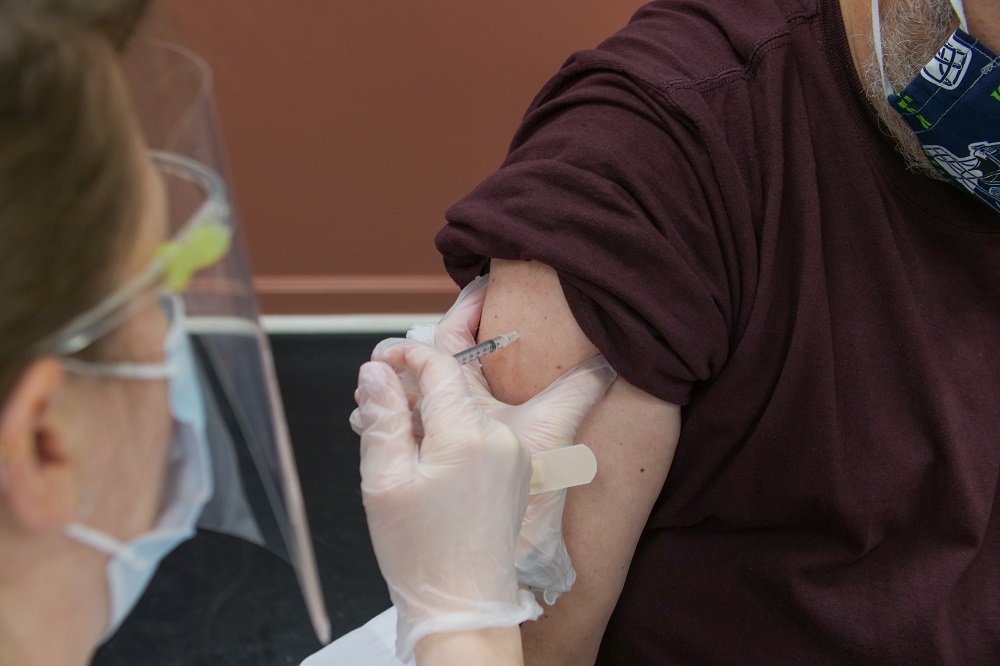According to new U.S. research released in November, an experimental universal vaccine provided immunity against all 20 known influenza A and B virus subtypes in preliminary tests, paving the way for a universal flu shot that might possibly prevent the next pandemic.
“I cannot emphasize enough what a breakthrough this paper is,” said Prof John Oxford, a virologist at Queen Mary University in London, as cited by The Guardian. “The potential is huge, and I think sometimes we underestimate these big respiratory viruses.”
The experimental – and potentially universal flu shot – is currently being tested on mice and ferrets. The vaccine uses mRNA technology similar to Pfizer-BioNTech’s and Moderna’s COVID-19 vaccines, The New York Times reported.
“The idea here is to have a vaccine that will give people a baseline of immune memory to diverse flu strains so that there will be far less disease and death when the next flu pandemic occurs,” explained Scott Hensley, Ph.D., one of the researchers who helped develop the vaccine at the Perelman School of Medicine at the University of Pennsylvania.
Why do we need a universal flu vaccine?
According to Reuters, a universal flu vaccine would eliminate the guesswork that goes into creating yearly shots sometime before the flu season begins. However, it would not stop the flu as a whole.
The experimental vaccine contains 20 distinct forms of hemagglutinin instead of the conventional one or two, in an effort to train the immune system to detect any flu virus it may come in contact with in the future.
The New York Times explains current influenza shots provide protection against seasonal flu, but they wouldn’t offer much immunity against a novel strain that may pose a potential pandemic risk. For instance, the standard vaccination was not very effective in preventing the H1N1 swine flu pandemic of 2009. However, older persons exposed to H1N1 strains as children only experienced minor symptoms.
“It would be comparable to first-generation SARS-CoV-2 mRNA vaccines, which were targeted to the original Wuhan strain of the coronavirus,” Hensley said. “Against later variants such as Omicron, these original vaccines did not fully block viral infections, but they continue to provide durable protection against severe disease and death.”
For a very long time, researchers have worked to develop a vaccine that would expose children to every type of influenza that might possibly exist. However, obstacles – in addition to the wide variety of flu viruses – have limited studies, the New York Times adds.
Alyson Kelvin and Darryl Falzarano of the University of Saskatchewan in Canada wrote in a commentary included with the study that there are still uncertainties concerning how to evaluate the effectiveness and potential compliance standards for a vaccine against potential future viruses that are not yet in circulation.
“The biggest issue about universal flu is what you need to target and how long you can continue to use the same vaccine,” Ted Ross, Director of Global Vaccine Development at the Cleveland Clinic, said. “If you have to keep updating it, it may not increase the advantage of how we do vaccines today.”
Adolfo Garca-Sastrem, Director of the Institute for Global Health and Emerging Pathogens at Mount Sinai Hospital in New York, said that although the promising results with the new vaccine “suggest a protective capacity against all subtypes of influenza viruses, we cannot be sure until clinical trials in volunteers are done.”




